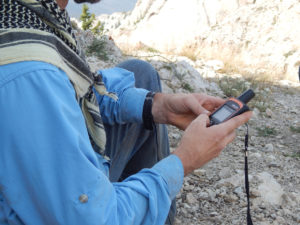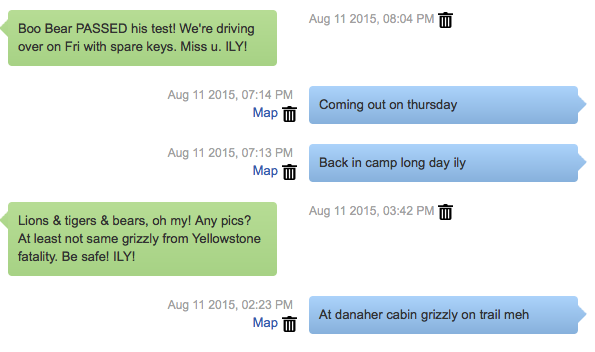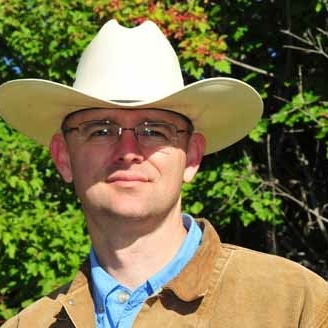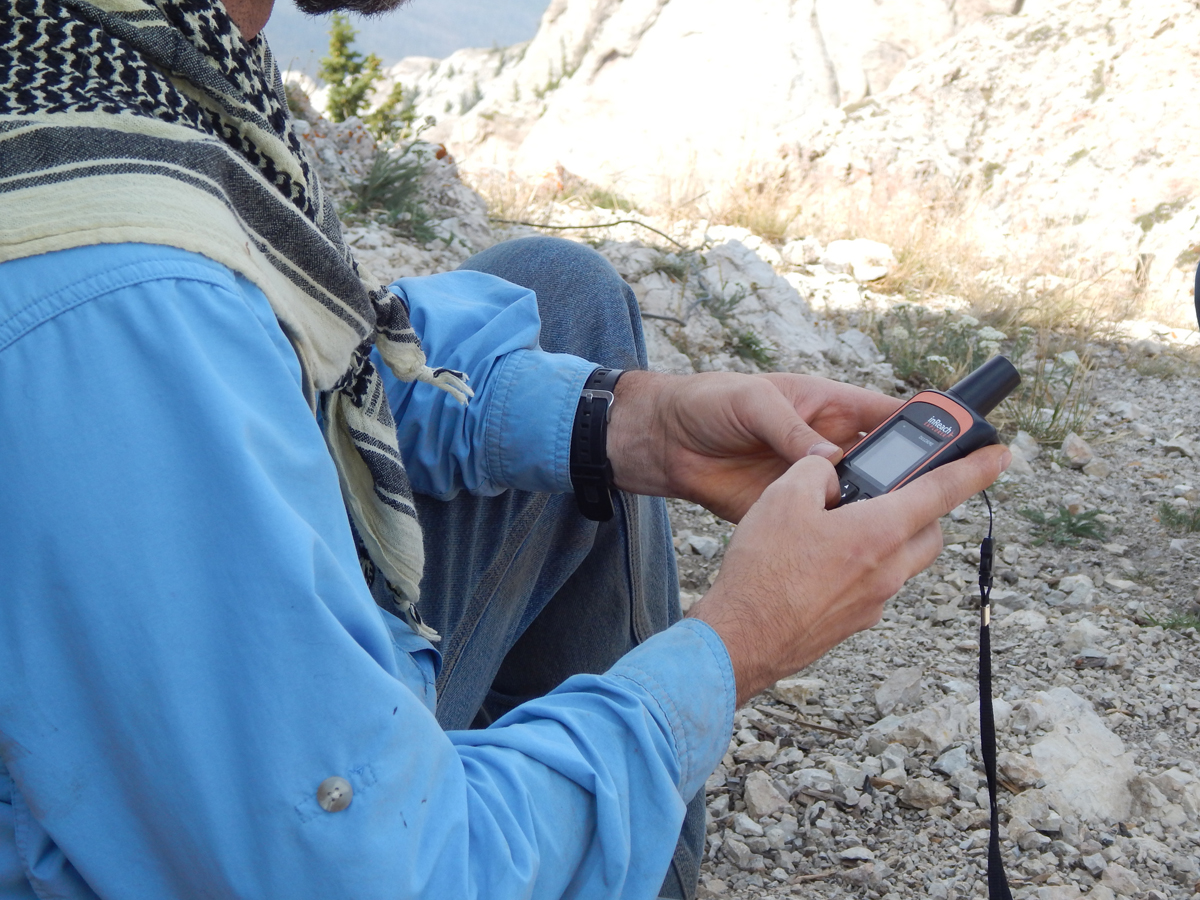Getting Help When You Really Need It
by Robert Eversole
It’s scary when a trail ride goes from memorable to negatively “eventful.” When you are hurt and lying on the trail is not the place to begin thinking of how to call for help when you’re beyond the reach of cell phone towers. Fortunately, we now have options that weren’t available a decade ago.

There are two main types of satellite-based systems that trail riders can use when backcountry adventures take a life threatening turn. While the acronyms and brand names are often used interchangeably, they shouldn’t be. Some of the names refer to Satellite Messenger Systems (SMS) while others refer to Personal Locator Beacons (PLB). The two are very different. Each has its strengths and weaknesses.
- Personal locator beacons: These handheld devices do one thing and one thing only – alert authorities to a wilderness emergency. Think of a PLB as your best last chance for help.
- Satellite messenger systems: InReach and SPOT are innovations in satellite communication. These handheld devices offer backcountry communications, namely the ability to send messages to friends and family as well as call for help.
Deciding whether to rely on a Satellite Messenger System or a Personal Locator Beacon is a big choice. Here’s what you need to know to choose the system that is best for your needs.
Personal Locator Beacons
A PLB is the land-based equivalent of the black boxes in boats and planes. These devices are high-powered transmitters of emergency distress signals. A PLB is to be activated only in situations of grave and imminent danger.
- PLB devices communicate with a network of military satellites that relay your information to an Air Force Rescue Coordination Center that will determine the response necessary and coordinate with emergency services officials for rescue.
- PLB’s have a higher upfront cost when compared to Satellite Messengers.
- No ongoing fees. Unlike satellite messengers, PLB’s do not require recurring subscription fees.
- PLB’s are equipped with a long-lasting battery designed to last for 5 years. The batteries remain dormant until you activate the PLB and are designed to power the device for 24 hours.

Satellite Messengers
Like PLBs, satellite messengers are handheld satellite communication devices that are useful in backcountry areas far from reliable cell phone coverage. These devices allow you to send text messages and your location coordinates to friends or family so you can report on the status of your trip. They can also send calls for help in an emergency.
- Satellite messengers are much less powerful than a PLB. InReach and SPOT devices have about 0.5 watts of power to push your message to satellites orbiting 1,200 miles overhead.
- Satellite messengers rely on commercial satellite networks rather than the military network used by PLBs. Emergency calls are routed to privately run coordination centers which then notify local 911 with your GPS location.
- SMS devices usually cost less upfront than a PLB. However, these tools will not work without a paid subscription service. Each manufacturer offers a variety of plan options that will increase your total cost for the unit.
- DeLorme inReach units can send and receive messages from friends and family where the SPOT device will send only.
Messaging, Tracking or Rescue?
For sending/receiving messages and letting the folks at home follow your route, SMS devices such as inReach are reliable and convenient. If you want the best in SOS functionality, choose a PLB. Both types of devices can summon help where cell phones are useless. For me, a satellite messenger is a tool to quell the worries of my “better half” when I’m out and a PLB is about calling in the troops when the “stuff” really hits the fan.
As always, for more information on this and other topics, as well as the nation’s largest source of horse trail and horse camping information in the U.S. please visit TrailMeister.com.

Robert Eversole, ”the trail meister,” owns www.TrailMeister.com, the largest database of horse riding and camping areas in the U.S. with free trail and trailhead information, trail maps, and much more to help horse enthusiasts experience the joys of trail riding. Robert is a registered riding instructor with PATH International, a mounted search and rescue team member, and a U.S. Marine who has served on the board of the Backcountry Horsemen of Washington (BCHW). He is enjoying his new career helping fellow trail riders stay found and safe on the trail. When not on the trail, The Trail Meister resides near Spokane, WA and teaches land navigation to a wide variety of outdoor groups across the nation. For North America’s largest horse trail and camping directory, trail tips, and more, visit www.TrailMeister.com.






